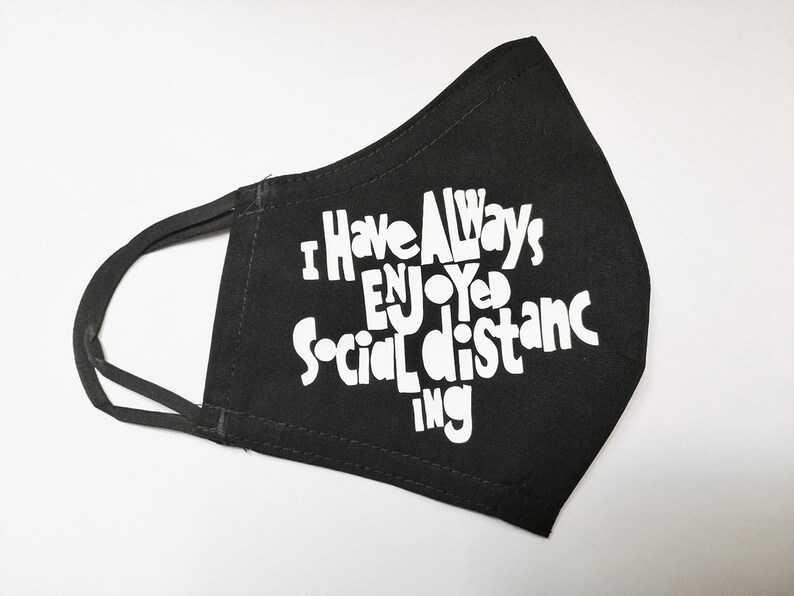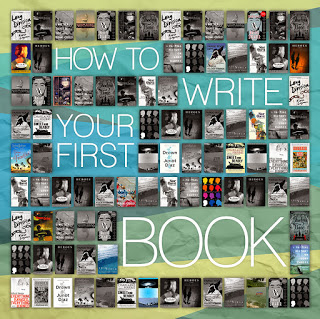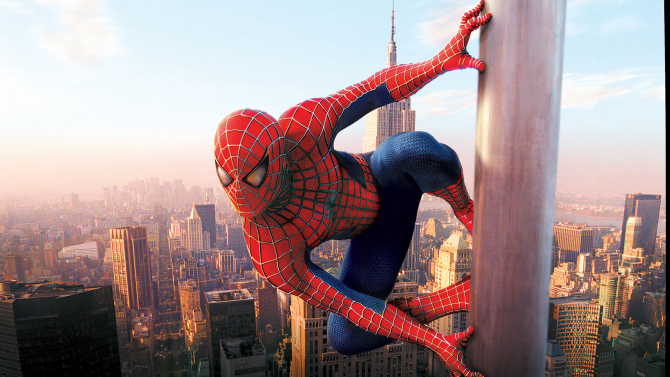Two years. That’s how long I lived with Thorn as he wrestled with the dangers he faced in Trickster.
During the last two years most of us got a taste of Thorn’s normal life. He’s always been an isolationist, happy to be by himself, focused on crafting his bonefish flies and the view of Blackwater Sound and the always changing weather, the daily explosions of colors at sunset. He was social distancing long before social distancing was cool.

Thorn’s normal life is, of course, a lot like most writers’ normal life. Spending hours and hours alone day after day after day chasing a cursor across the computer screen is not exactly a psychologically healthy activity. Whatever social skills I might have once had have by now withered and blown away. So in that way, Thorn is my alter ego, I suppose.
Every year or two, the poor guy is dragged out of his isolation by some clarion call, some friend in distress, or some stray bullet that comes out of nowhere. As a writer, I am called out of my own inactivity and thrust into action by some image that I can’t get rid of, or some stray fragment of dialog that haunts me, or something else, something small and insignificant and puzzling. Something that grabs my attention and won’t let go.
In the case of Trickster, all I started with was a teenage girl who appeared at Thorn’s house. A stranger. Who is she? Why is she there? How does this “stranger who comes to town” cause Thorn’s life to be turned upside down? It took me two years to answer those questions. I wrote for months before I had even an inkling about who she was and why she was there. I was starting to question why I’d even been interested in this premise at all. I was starting to question my general sanity.
But it was too late to turn back. The pandemic was upon us. I was stuck inside with my mysterious girl and Thorn. So in a way Trickster was shaped by the pandemic, though there’s no mention of Covid or masks, or anything pandemic-related in the novel. I shy away from being too topical in the books. I don’t want them to seem dated a few years from now. Too dependent on the particulars of a moment in time.
But now that I look back on this book, I see the pandemic’s clear impact on the story and on the thematic concerns that I was wrestling with. The pandemic made me and I suspect many of us reconsider our habits. From handshakes to sitting shoulder to shoulder in audiences or restaurants. We’ve had to re-examine the ways we were living. The fabric of our social lives was reshaped for two years. We grew suspicious of our fellow man. A cough, a sneeze, a person standing too close, all of that made us uncomfortable like it never had before.
So yes, this is my pandemic novel. Thorn winds up questioning many of his past assumptions. He is swept up in a dizzying chase to untangle what he thought was true in his past from what he discovers in this story. He must resolve a very basic philosophical question: Was he exercising his own free will? Or were his actions manipulated by unknown and invisible forces?
I’m pretty sure much of the fiction that was written in the last couple of years will show the subtle impacts of the pandemic. Just as much of the fiction written after September 11 was shaped by the horrors of that day and the aftermath. The world was changed by those events. Not totally reordered, but altered in ways that we may not notice right away. Some time in the future when we look back, I’m pretty sure we’ll see a lot of ways our views and values, or hopes and goals were reshaped by Covid, by social distancing, by masks, vaccines, boosters, and by the shared dread and confusion and resolve that these last few years have produced.



